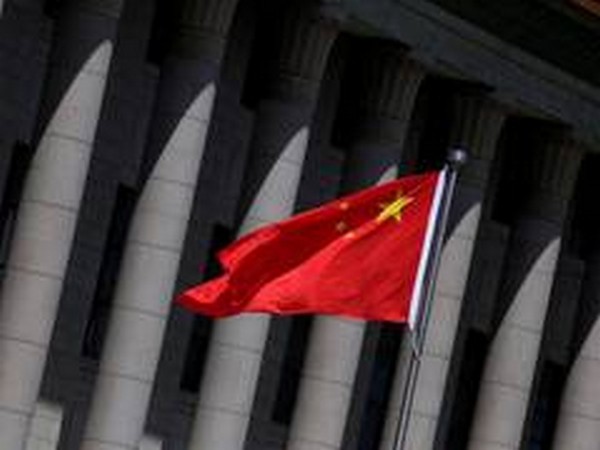China wants to negotiate a policy of no nuclear pre-emptive strikes
Feb 28, 2024
Beijing [China], February 28: Countries that own the world's largest nuclear arsenals should sit at the negotiating table for a treaty to prevent the risk of using nuclear pre-emptive strikes in conflicts, according to China's Ministry of Foreign Affairs.
Today, February 28, Xinhua News Agency reported that Mr. Sun Xiaobo, Director of the Arms Control Department under the Ministry of Foreign Affairs of China , called on nuclear powers to comply with their responsibilities related to nuclear disarmament in the spirit of of the Conference on Disarmament.
The Conference on Disarmament is a multilateral forum established in 1979 to pursue efforts to negotiate arms control and sign disarmament agreements.
At the weekly meeting of the forum in Geneva (Switzerland) on February 26, the Director General of China said that it is necessary to draft a roadmap or action timeframe for an international legal mechanism to protect countries that do not possess weapons . nuclear weapons in the face of the threat coming from this line of weapons of mass destruction.
"Nuclear powers should negotiate and complete a treaty to prevent the risk of using nuclear weapons as a pre-emptive strike against each other, or make a political statement on this issue, according to Mr. Ton.
Currently, only India and China officially maintain a policy of "not being the first to invoke nuclear weapons" in a conflict.
Russia and the United States currently possess the world's largest nuclear arsenals. Russia has the most nuclear warheads in the world, with about 5,889 warheads by 2023, compared to the US's 5,244, according to Reuters citing data from the Federation of American Scientists.
Source: Thanh Nien Newspaper








